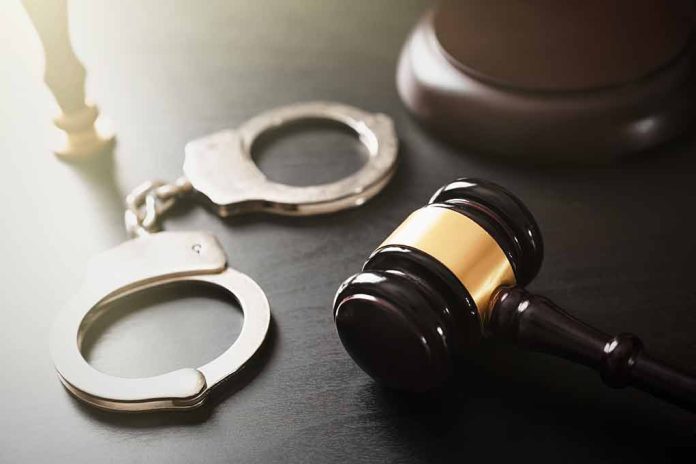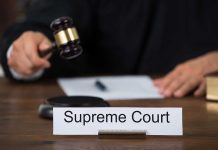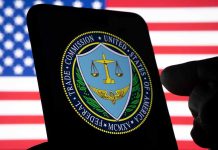
Telegram CEO Pavel Durov’s arrest in France sparks free speech debate, with Elon Musk and others rallying in support.
At a Glance
- Telegram CEO Pavel Durov arrested in France for allegedly failing to limit criminal activity on the platform
- Elon Musk and other tech figures condemn the arrest as a threat to free speech
- Alexander Vindman warns Musk about potential consequences of free speech absolutism
- Arrest highlights growing tension between tech innovation and government regulation
- Durov faces potential charges with a possible 20-year prison sentence
Durov’s Arrest and Its Implications
Pavel Durov, the CEO of Telegram, was recently arrested at Le Bourget Airport near Paris. French authorities allege that Durov failed to limit criminal activity on the messaging platform, which boasts over 900 million users worldwide. The arrest has ignited a fierce debate about free speech and government regulation in the digital age.
Elon Musk, CEO of X (formerly Twitter), was quick to criticize the arrest, calling it government-imposed censorship. Musk shared his concerns on X, using the hashtag #FreePavel to show solidarity with Durov. The tech mogul’s reaction has reignited discussions about the delicate balance between free speech and content moderation on social media platforms.
#FreePavel
pic.twitter.com/B7AcJWswMs— Elon Musk (@elonmusk) August 25, 2024
Vindman’s Warning to Musk
Retired Lt. Col. Alexander Vindman seized the opportunity to caution Elon Musk about the potential consequences of his free speech absolutism. Vindman suggested that Musk should be concerned about the growing appetite for accountability in the tech industry.
“While Durov holds French citizenship, is arrested for violating French law, this has broader implications for other social media, including Twitter,” Vindman wrote. “There’s a growing intolerance for platforming disinfo & malign influence & a growing appetite for accountability. Musk should be nervous.”
Vindman’s comments highlight the escalating tension between tech innovators who prioritize unrestricted speech and regulatory bodies seeking to curb the spread of misinformation and illegal activities on digital platforms.
Support for Durov and Free Speech
The arrest of Pavel Durov has galvanized support from prominent figures in the tech industry and beyond. Edward Snowden, the former NSA whistleblower, condemned the arrest as “an assault on the basic human rights of speech and association.” Snowden expressed his dismay on X, criticizing French President Emmanuel Macron for what he perceives as an overreach of government power:
“The arrest of Durov is an assault on the basic human rights of speech and association. I am surprised and deeply saddened that (French President Emmanuel) Macron has descended to the level of taking hostages as a means for gaining access to private communications. It lowers not only France, but the world.”
Other tech leaders and entrepreneurs have joined the chorus of voices defending Durov and the principle of free speech. Balaji Srinivasan, an American entrepreneur, questioned the French government’s motives, suggesting that the arrest is more about control than crime prevention. Paul Graham, a prominent figure in the startup world, noted that the incident could potentially damage France’s reputation as a hub for innovation and entrepreneurship.
The Road Ahead
As Pavel Durov faces potential charges that could result in a 20-year prison sentence, the tech community and free speech advocates are closely watching the developments. The case raises important questions about the responsibilities of platform owners, the limits of government regulation, and the future of digital communication.
The arrest of Telegram’s CEO serves as a stark reminder of the complex challenges facing tech leaders who champion privacy and free speech. As governments worldwide grapple with the need to regulate online spaces, the tech industry must navigate an increasingly treacherous landscape where innovation and regulation often collide.
For Elon Musk and other proponents of unrestricted speech on social media, the Durov case may serve as a cautionary tale. As the debate over digital rights and responsibilities continues to evolve, it’s clear that the path forward will require careful consideration of both the benefits and potential pitfalls of free speech absolutism in the online world.










